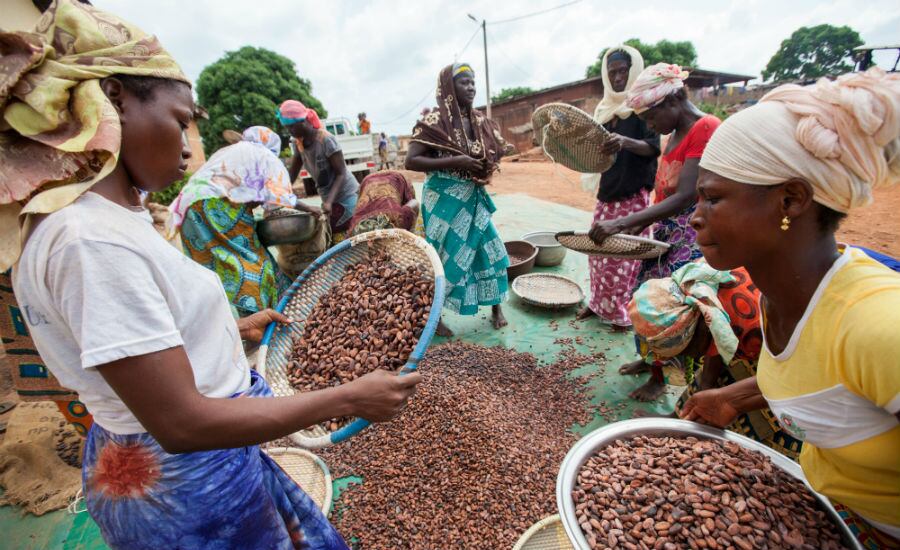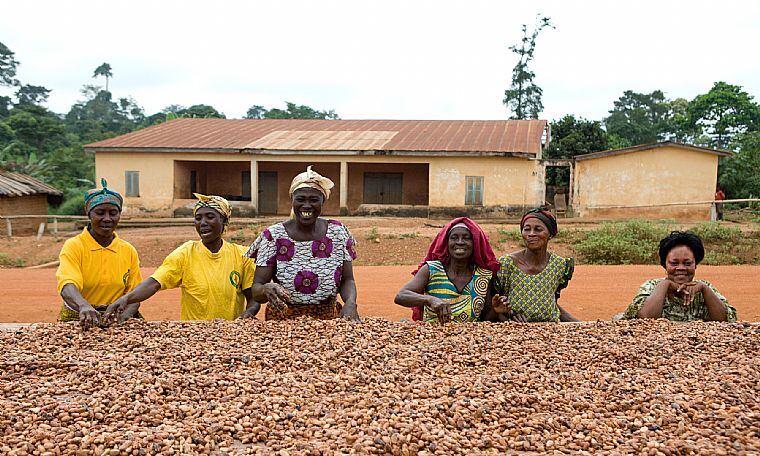Fairtrade said demand is also translating into sales, with the Co-op’s ‘Ethical Markets Report 2021’ noting that the UK ‘green pound’ has reached record levels, breaking through the £100bn mark for the first time.
The organisation’s own figures set out in its latest annual report show sales of Fairtrade cocoa grew by 3% and were matched by 3% growth in bananas in 2020.
Tracking ethical expenditure year by year over the past two decades, the Co-op’s report claimed Fairtrade sales increased by 14% in 2020.
Moreover, according to the latest GlobeScan 2021 data, 65% of people in the UK say they choose Fairtrade, demonstrating continued consumer commitment to products that are ethically and sustainably produced, the Fairtrade Foundation said.
Released, during its annual Fairtrade Fortnight campaign (21 February- 6 March), research shows the major brands and retailers continue to back Fairtrade despite the impacts of Brexit and ongoing pandemic-related challenges, making impressive commitments to Fairtrade and the farmers and workers in their supply chains.
Last year, Fairtrade said it completed successful programmes focused on alleviating the impact of COVID-19 and increasing resilience of farmers and workers: this included a flower programme in Kenya in partnership with FCDO and in collaboration with business partners such as MM Flowers, M&S, Tesco and Co-op; as well as a Ghana-based cocoa programme in partnership with FCDO and Mondelēz International.
Online, Fairtrade said shopping for everyday goods online will remain the new norm amid the pandemic. “Digitalization makes it easier for shoppers to compare products and learn whether or not a company’s sourcing and manufacturing practices align with their values,” it said.
According to Fairtrade’s research, there is a clear desire among online shoppers to support brands that are not only taking care of their own teams and suppliers but are also contributing to making the world a better place.
Anna Barker, Head of Responsible Business at the Fairtrade Foundation said: “After the disappointment of COP26, shoppers are increasingly looking to businesses to act on their ethical and social concerns."
As climate change continues to escalate, Fairtrade warns that consumers will increasingly demand companies focus more on sustainability. Shoppers are looking to brands to provide responsibly sourced and produced products they can feel good about purchasing. In 2021, 59% of Fairtrade shoppers said they were willing to pay more for a product to ensure farmers and workers were paid a fair price.
“Shoppers are turning up the heat to avoid businesses that fail to act on ethical or social concerns. They are looking for opportunities to positively influence change for the good of our climate in as many ways as possible," Fairtrade said.



